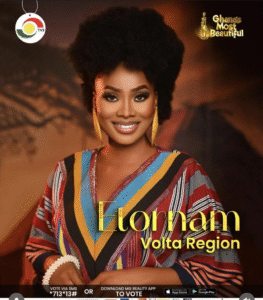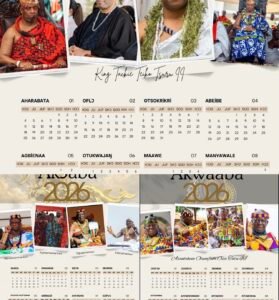
Image Source: https://slangsbyghanaians.wordpress.com/2021/01/12/8-ghanaian-pidgin-english-slangs/
Ghanaians on social media are voicing their displeasure over what they see as the gradual infiltration of Nigerian Pidgin English into Ghana’s own version of the language. Many users say the growing popularity of Nigerian movies, music, and social media content is causing young people in Ghana to adopt Nigerian Pidgin words and expressions, often at the expense of Ghana’s unique Pidgin style.
Some social media users have expressed worry that if this trend continues, the Ghanaian variant, once marked by its distinct vocabulary and rhythm, may lose its identity. They point out that popular phrases from Nigeria such as “Oga”, “Suya”, “Wetin dey happen?” are increasingly replacing Ghanaian expressions like “Wosop?” , “chichinga”, “Charley”, “How be?” in everyday conversation among the youth.
Entertainment and media experts are now voicing concerns on social media about the growing influence of Nigerian Pidgin English, which they fear is coming at the expense of Ghana’s own Pidgin. Among those speaking out is SDK, a popular Ghanaian food content creator and media personality, who expressed disappointment over the trend.
In a tweet, SDK shared a video addressing the influx of Nigerian Pidgin English words into Ghana’s Pidgin. He highlighted several examples where Nigerian terms have replaced their Ghanaian counterparts. He also went on to make separate tweets listing specific Nigerian Pidgin expressions that, according to him, have taken over phrases traditionally used in Ghana.
Ghanaians on social media also joined the conversation, sharing their thoughts on Nigerian Pidgin English words that have now become common among Ghanaians. Various tweets talked about examples such as: suya replacing chichinga, swallow replacing the names of any solid Ghanaian food eaten with stew or soup, duna/nyash replacing trumu, Ankara replacing African print, japa/jakpa replacing “he/she travel go uptee,” palava sauce replacing kontomire stew, kpai replacing “he/she die,” omo replacing charley, zobo replacing sobolo/bisab, shakara replacing azaa, biko replacing bro/sis, Odogwu replacing chairman, Oga replacing Bossu, and pepper soup replacing light soup, among others.
This wave of linguistic substitution has sparked heated debates online, with many arguing that it reflects a gradual erosion of Ghana’s own Pidgin heritage. Critics say while language naturally evolves through cultural exchange, the speed and extent of the Nigerian influence could eventually overshadow Ghana’s unique expressions, especially among younger speakers.
On the other hand, some Ghanaians see this as a normal part of cultural interaction between the two countries, arguing that language borrowing has always existed and often works both ways. They believe that instead of resisting change, Ghanaians can blend both styles to create a richer, more dynamic Pidgin that still reflects local identity.
Whether this linguistic shift is a harmless trend or a cultural threat remains a matter of perspective. But one thing is clear: The conversation has reignited a discussion about preserving Ghana’s unique linguistic and cultural expressions in an increasingly interconnected West African space.
Editor: Ama Gyesiwaa Quansah.







